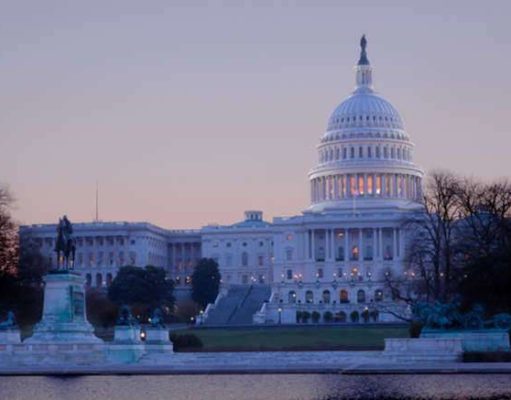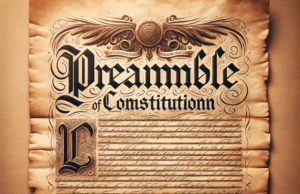Understanding Article 6

Article 6 of the Constitution: Understanding Its Importance
Introduction:
Article 6 of the U.S. Constitution is an essential component of the country’s governing document. This article plays a crucial role in the functioning of the federal government and the relationship between the federal government and the states. In this article, we will explore the provisions of Article 6, its historical context, and its significance in American society.
Section 1: Supremacy Clause
Article 6, Section 1, contains the Supremacy Clause, which states that the Constitution, federal laws, and treaties are the supreme law of the land. This clause establishes the authority of the federal government over the states and forms the basis for legal challenges to state laws that are deemed unconstitutional.
Section 2: Oaths of Office
Article 6, Section 2, requires that all federal and state officials, including judges, take an oath to support the Constitution. This oath serves as a reminder of the importance of adhering to the principles laid out in the Constitution, as well as a commitment to uphold and defend the Constitution.
Historical Context
Article 6 of the Constitution was created in response to the challenges faced by the new federal government in the aftermath of the American Revolution. Under the Articles of Confederation, the national government had limited powers, and there was no mechanism to resolve disputes between states or between the states and the federal government. The Supremacy Clause was designed to address these issues by establishing the authority of the federal government over the states and resolving any conflicts that might arise.
Additionally, the requirement of oaths of office in Section 2 reflected a belief in the importance of public officials’ character and integrity. The founders recognized that integrity, accountability, and a commitment to upholding the Constitution were central to the functioning of a just and democratic government.
Significance of Article 6
Article 6 plays a critical role in American society, establishing the overall legal structure of the country and serving as a foundation for the operation of the federal government. The Supremacy Clause ensures that the Constitution and federal laws take precedence over state laws and treaties, ensuring consistent governance across the country.
Additionally, the requirement of oaths of office in Section 2 emphasizes the importance of accountability and public service. The requirement for officials to take an oath to uphold and defend the Constitution ensures that the country is led by individuals committed to a just and democratic society, with an understanding of the importance of the Constitution as a guiding document.
Article 6 also reflects the country’s commitment to unity and shared values, ensuring that a common legal framework is established across the country. The article forms a critical component of the U.S. governance structure and is essential for the country’s overall stability and prosperity.
Conclusion:
Article 6 of the U.S. Constitution is a vital component of American society, establishing the legal framework for the country’s governance. The Supremacy Clause and the requirement of oaths of office reflect the nation’s commitment to democracy and the rule of law. The article plays a critical role in ensuring consistent governance across the country and serves as a reminder of the importance of accountability, integrity, and public service in the operation of the U.S. government.
Understanding the significance of Article 6 of the United States Constitution requires understanding what came before America had a Federal Constitution and what the implications were afterward. The forerunner of the American Constitution was the Articles of Confederation, to which all other laws and oaths would be subordinate. The second and third clauses of Article 6 had extremely long lasting-implications. The first involved the assuming of the debts and obligations incurred under the Articles of Confederation.












